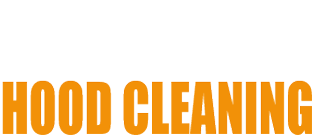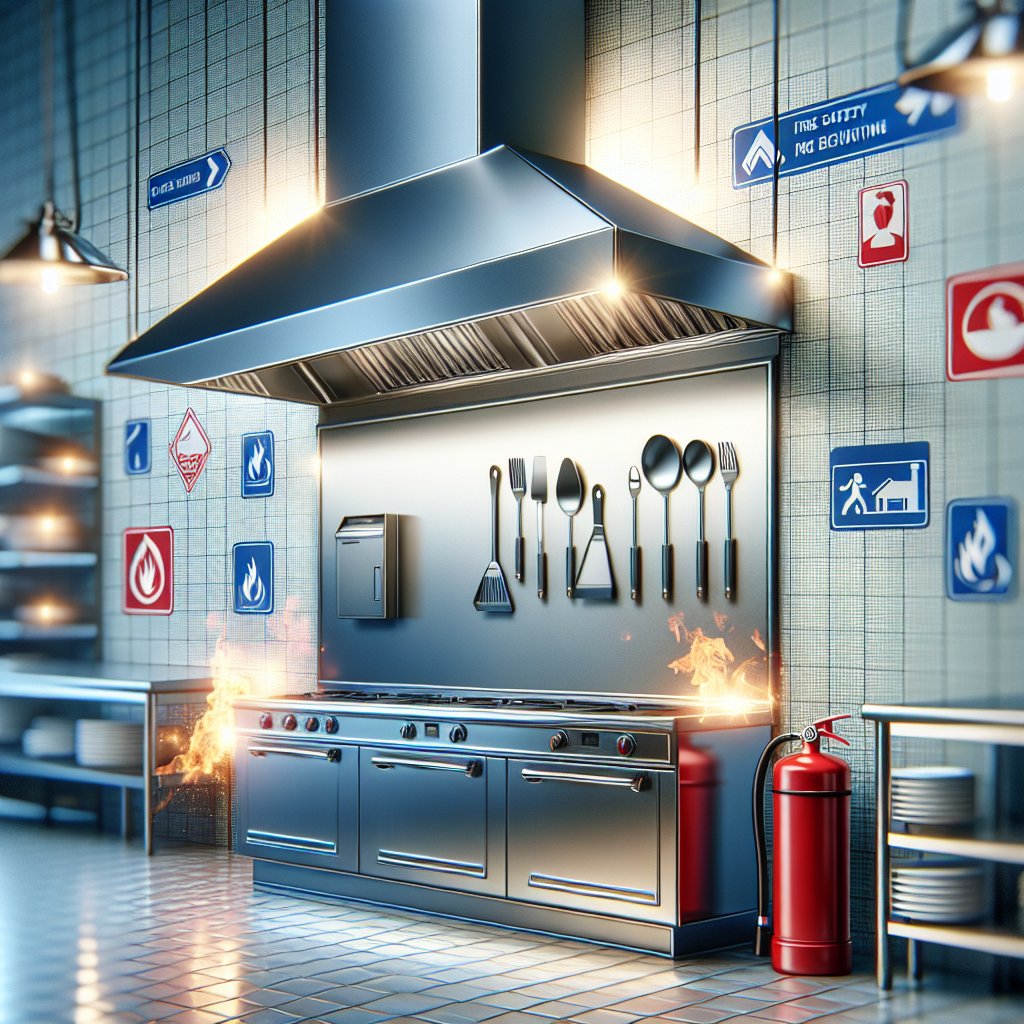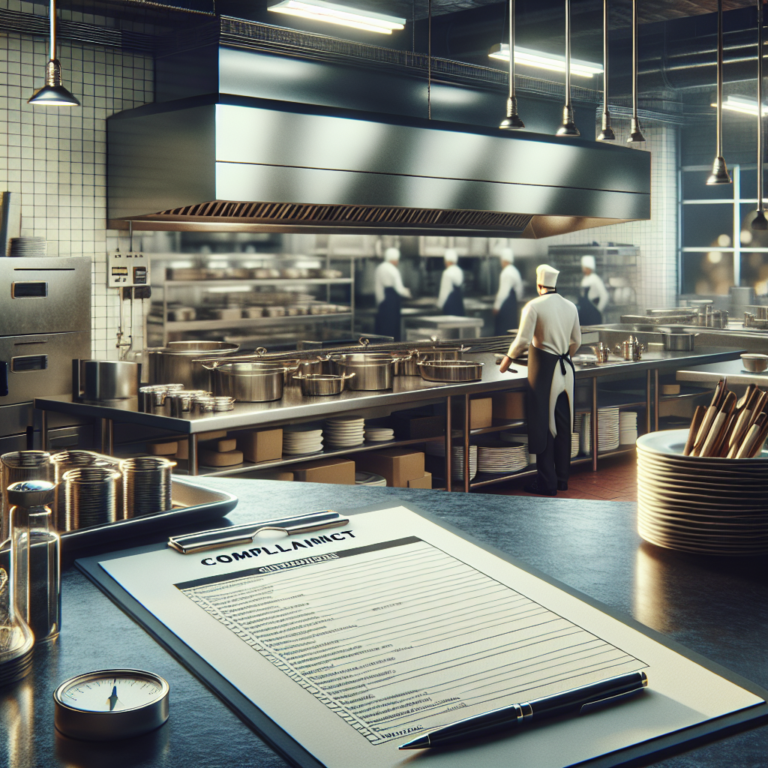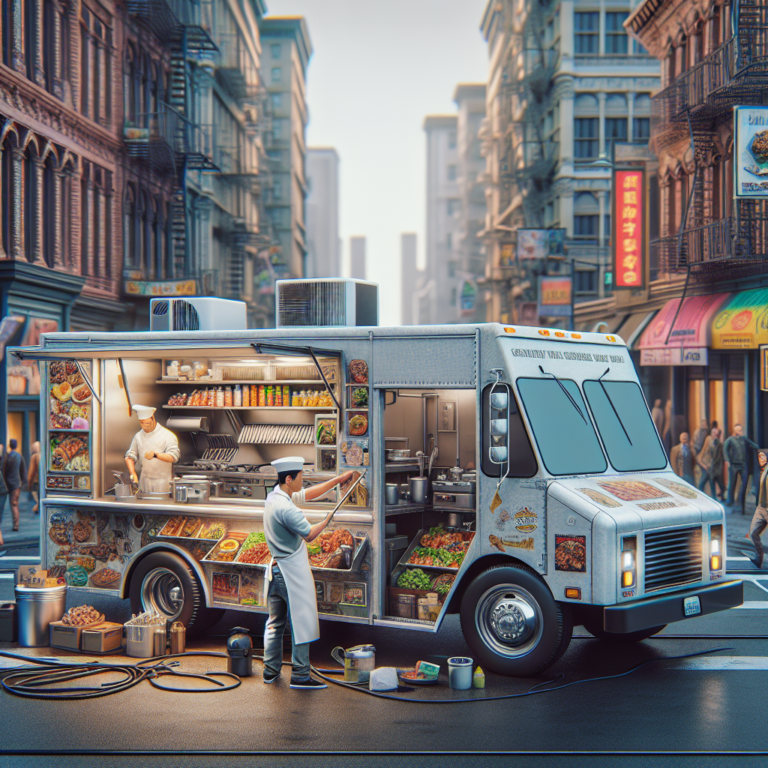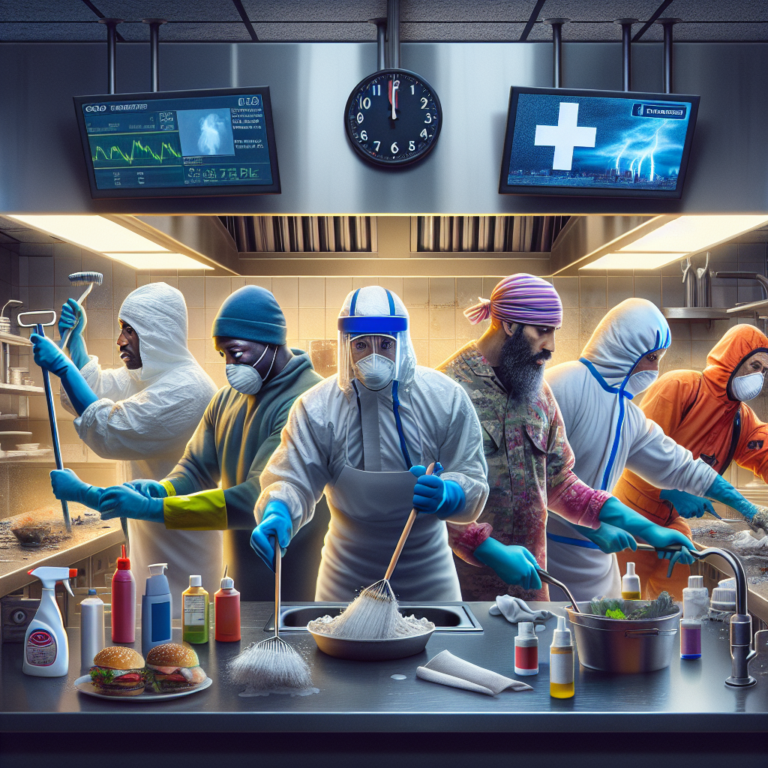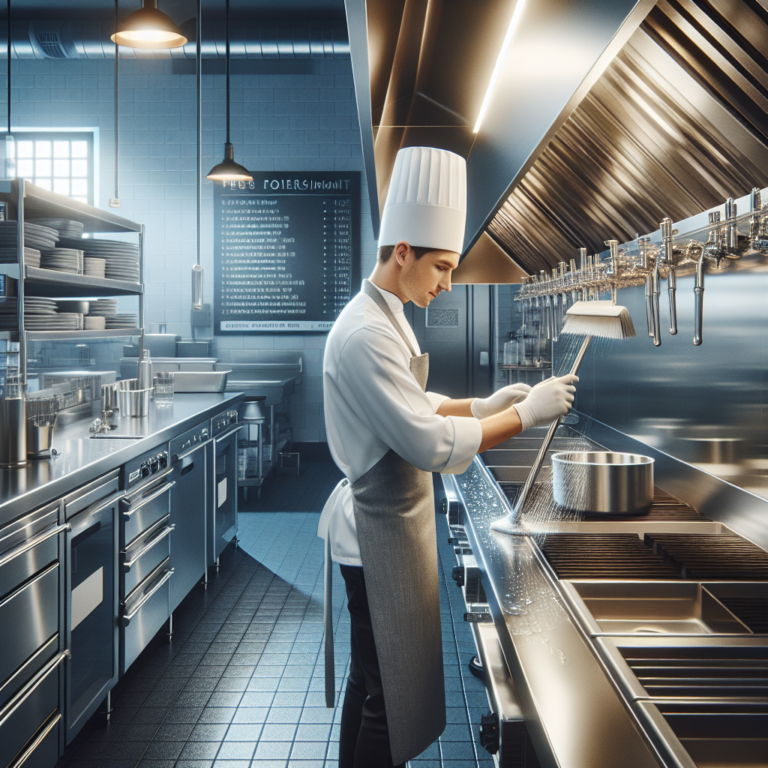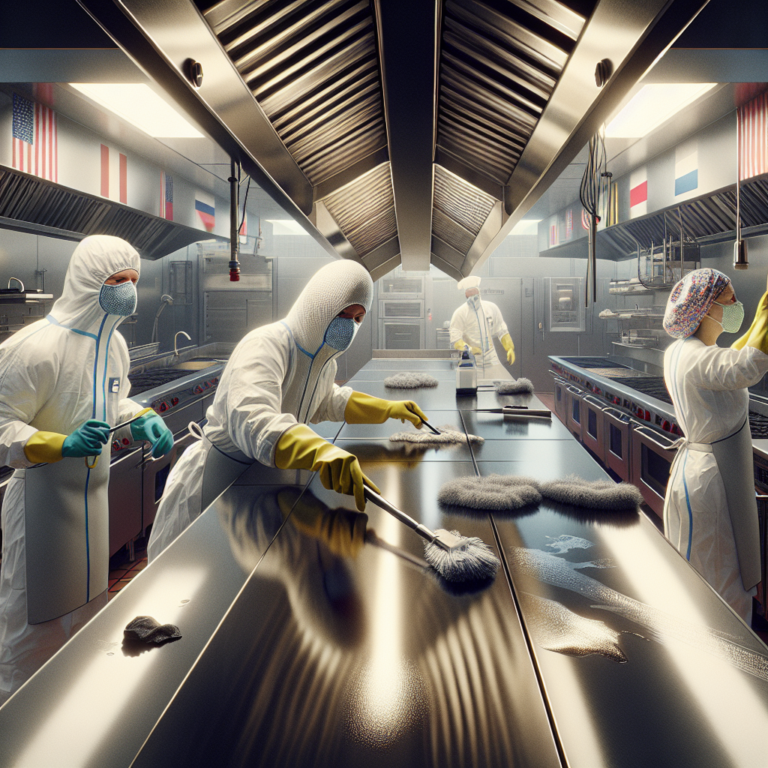Ensuring Fire Safety Compliance Through Proper Hood Cleaning Practices
Understanding Fire Safety Regulations: Why Hood Cleaning Matters
Fire safety is a critical concern for all commercial kitchens. A significant part of this safety comes from effective hood cleaning. Each year, numerous fires are reported in restaurants, and a vast majority are linked to faulty or poorly maintained kitchen hoods. This highlights the importance of restaurant hood cleaning and why staying compliant with fire safety regulations is non-negotiable for businesses.
What Are Fire Safety Regulations Related to Hood Cleaning?
The National Fire Protection Association (NFPA) has set forth guidelines in the NFPA 96, which is a standard for ventilation control and fire protection of commercial cooking operations. Let’s delve into what these regulations entail:
- Regular Inspections: The NFPA mandates that all commercial kitchens undergo regular inspection and cleaning of their exhaust systems. Frequency is determined by the type of cooking and volume of food being prepared.
- Professional Cleaning: Only qualified professionals should handle commercial kitchen hood cleaning. They have the necessary training and equipment to ensure that all grease and flammable residues are adequately removed.
- Access Panels: Ensure all access panels are easily opened during cleaning and inspections. This is crucial for thorough inspection and cleaning.
- Maintenance of Equipment: Proper maintenance of fan motors and other equipment is vital to prevent malfunction and ensure proper ventilation.
- Documentation: Keeping thorough documentation of all inspections and cleanings is crucial for both safety and legal accountability.
Ensuring Compliance with Regulations
Compliance is not just about avoiding hefty fines; it’s a preventative measure against potential disasters. Here’s how companies can ensure they meet all necessary regulations:
- Schedule Regular Cleanings: Depending on your kitchen’s cooking volume and type, schedule commercial kitchen hood cleaning regularly to avoid buildup of grease and other flammable materials.
- Hire Certified Professionals: Ensure that your cleaning crew is certified and experienced in handling restaurant hood systems.
- Conduct Regular Staff Training: Educate your kitchen staff about the importance of hood maintenance and the basics of identifying potential issues.
- Install Up-to-Date Equipment: Modern exhaust equipment often comes with safety features designed to minimize the risk of fire.
- Keep Records: Maintain meticulous records of all cleanings and inspections as this documentation can be vital for proving compliance and in the event of an investigation by fire authorities.
Denver Hood Cleaning: A Local Perspective
In Denver, known for its vibrant culinary scene, restaurant hood cleaning plays an essential role in preserving the city’s gastronomic charm. With a wide array of dining establishments, from cozy neighborhood cafes to bustling downtown restaurants, it’s imperative that these businesses adhere to safety regulations.
Fire safety in Denver’s commercial kitchens isn’t just about preserving businesses; it’s about ensuring the safety of staff and patrons while also protecting the community at large. Local regulations align closely with NFPA standards, but the Mile-High City’s unique climate and conditions can pose additional challenges in maintaining effective ventilation systems.
The Consequences of Neglect
Overlooking the importance of regular exhaust hood cleaning can lead to severe repercussions, including:
- Fire Hazards: Accumulated grease can quickly become a fuel source for fires.
- Health Code Violations: Non-compliance can lead to fines and even restaurant closures.
- Legal Liabilities: Should a fire occur, your business might face significant legal ramifications if found non-compliant with safety standards.
Ultimately, Denver hood cleaning should be a routine part of any restaurant’s maintenance schedule. It reflects not only a commitment to legal compliance but also a dedication to ensuring a safe and inviting dining environment.
A Partnership for Safety
Choosing reliable service providers for commercial kitchen hood cleaning is vital. These partnerships contribute significantly to maintaining safety and efficiency in a kitchen. Many companies offer comprehensive services that include not just cleaning, but also detailed inspections and maintenance advice. Investing in such services can be a decisive step toward long-term safety and compliance.
Conclusion
In conclusion, embracing a responsible approach to hood cleaning and adhering to fire safety regulations is imperative for any restaurant or commercial kitchen. Not only do you ensure the well-being of your patrons and employees, but you also safeguard your business against potential catastrophes. For more insights and assistance with comprehensive Denver hood cleaning solutions, connect with experts who prioritize safety and compliance in every aspect.
